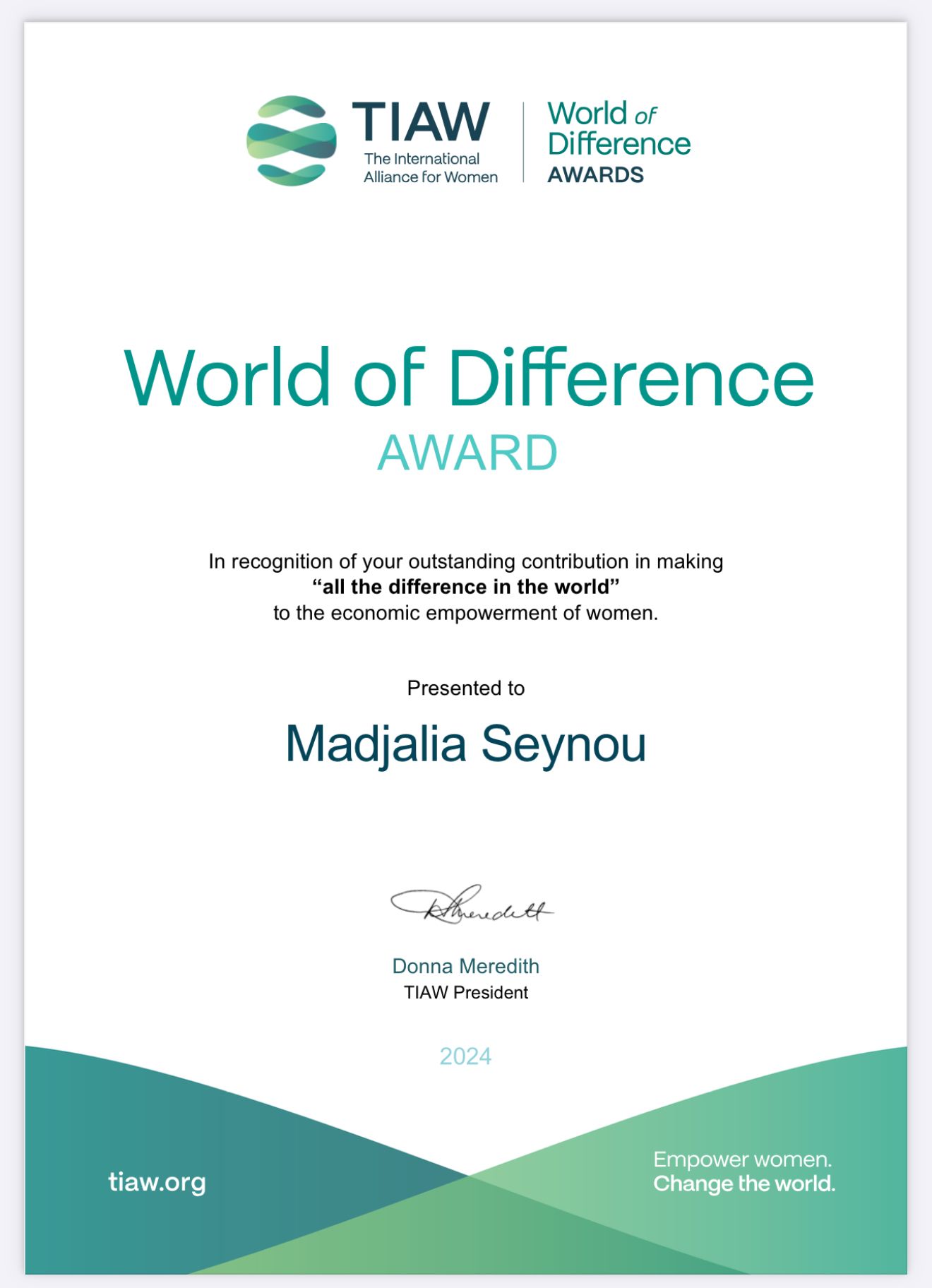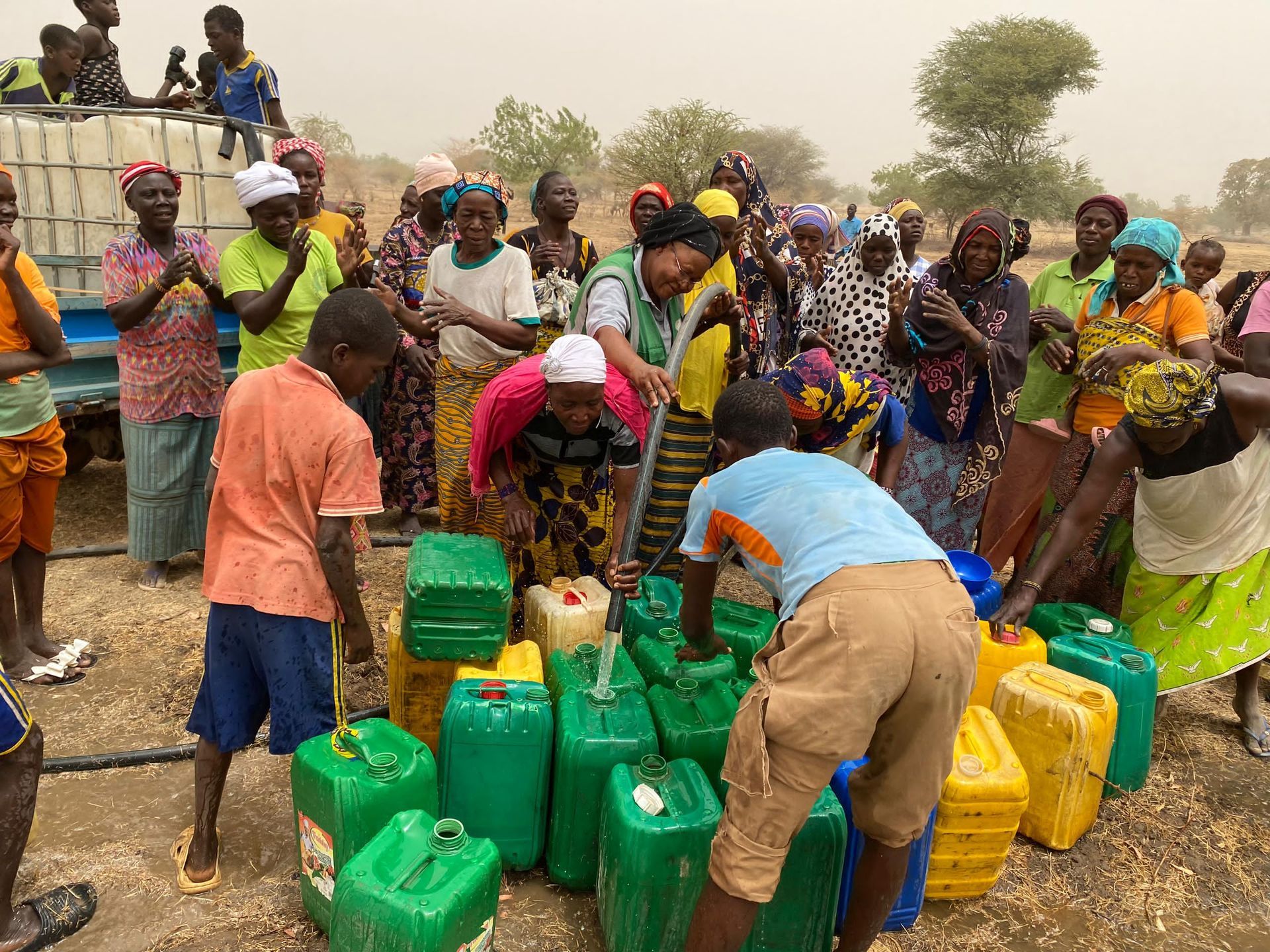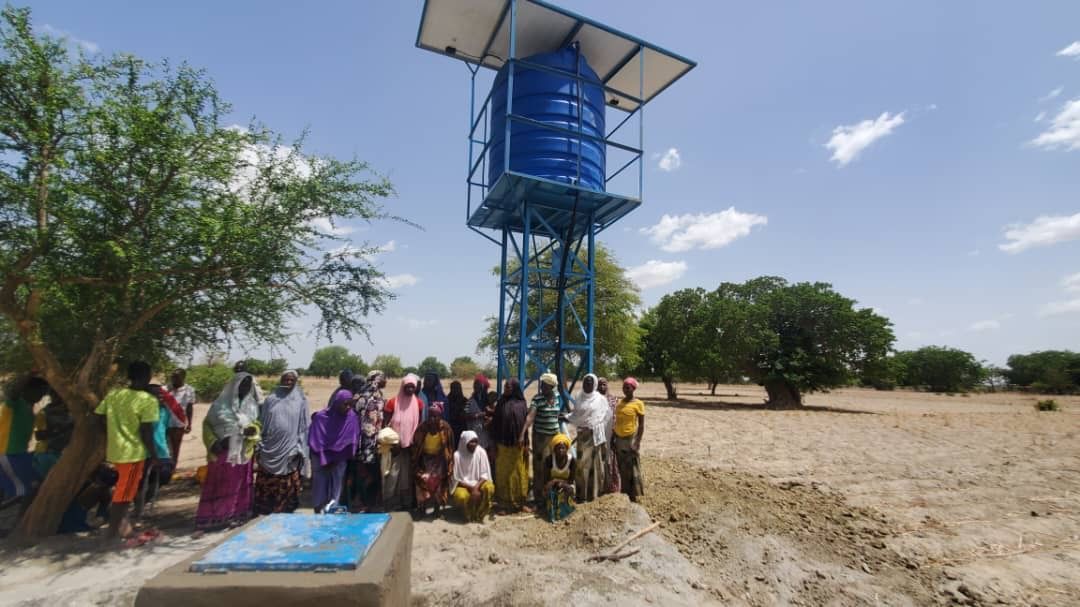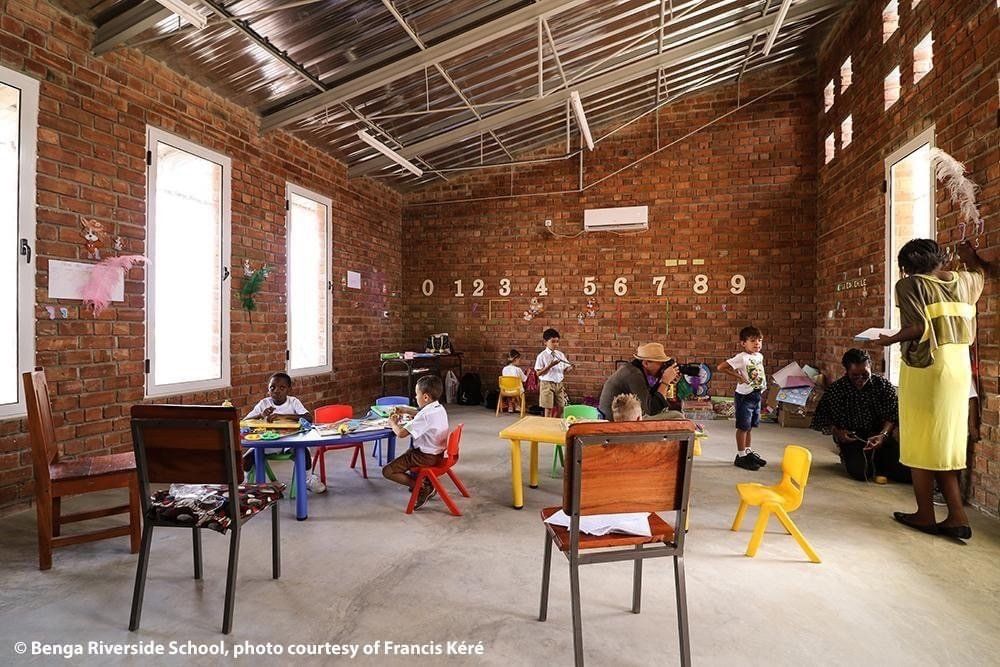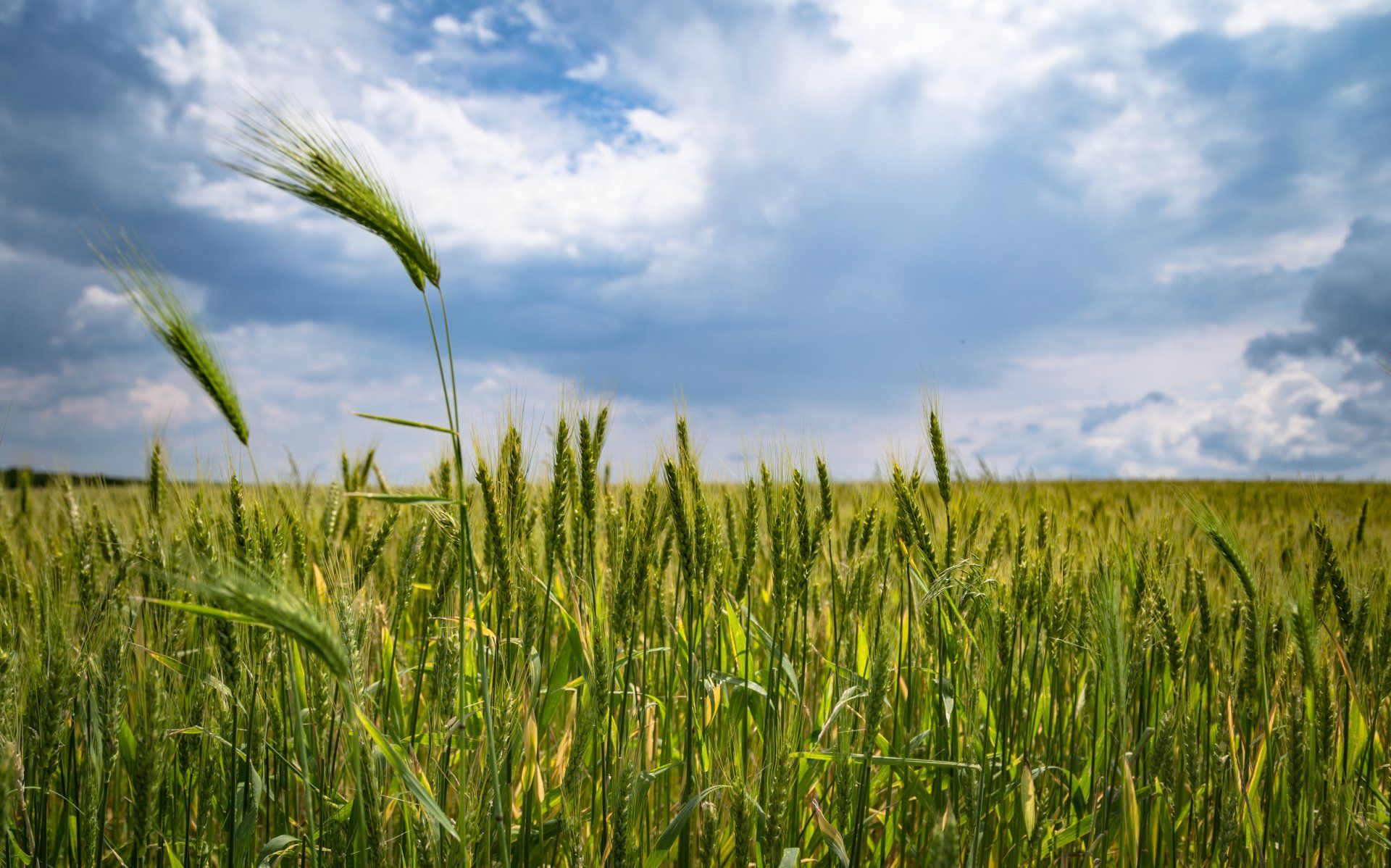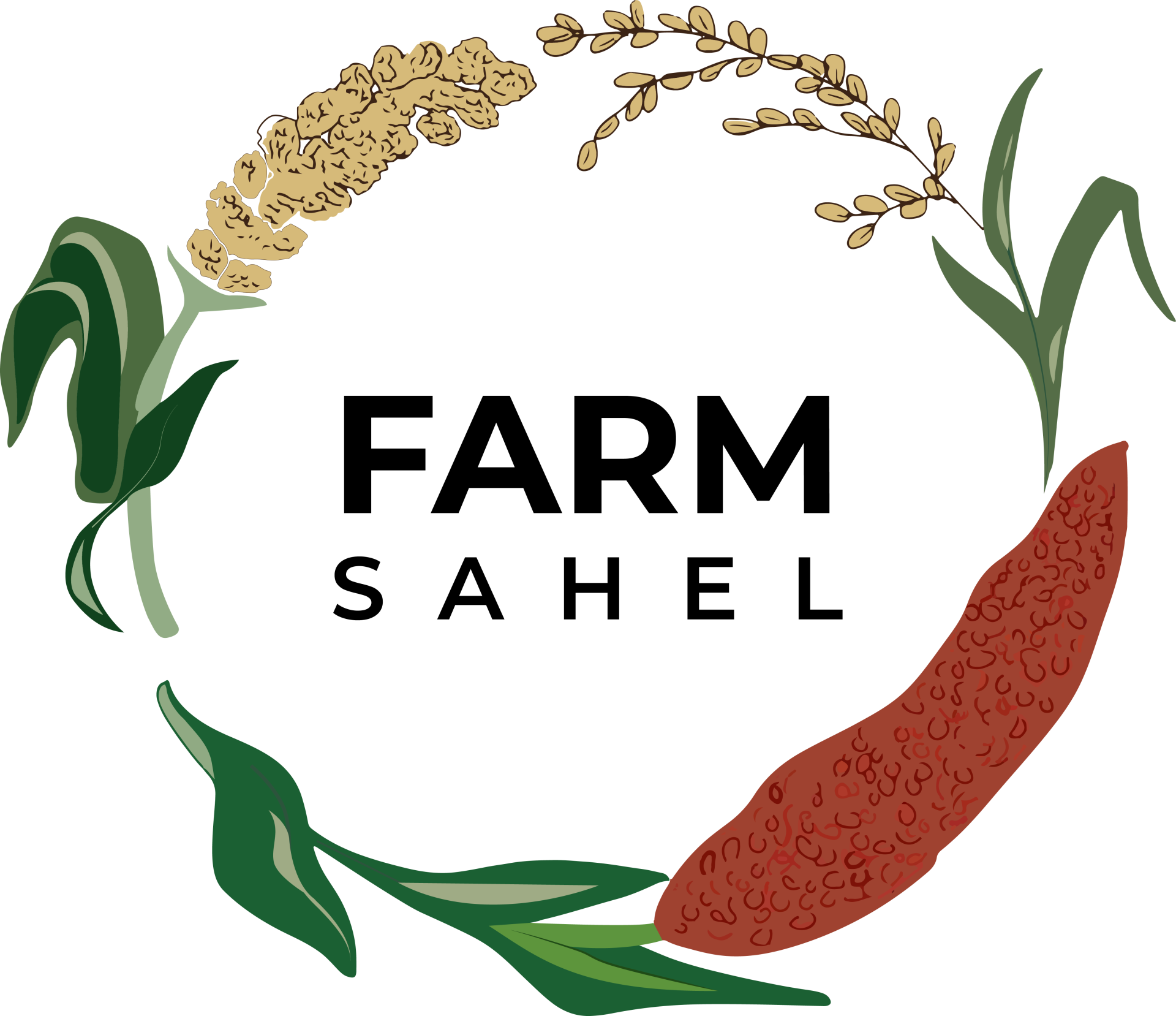Country Case Studies: Ghana
As Sub-Saharan Africa struggles to catch up with the rest of the developing world- especially in comparison with developing Asian countries, there is one country to look to for inspiration: Ghana. Ghana holds a story of recent success in Africa and is one of the fastest growing economies in the world! “Of the 10 fastest-growing economies in the world in 2018, six were in Africa- with Ghana at the top of the world ranking” (brookings.edu). To comprehend the successful growth in Ghana is to give instruction to other struggling nations in Sub-Saharan Africa that see extreme poverty and hunger. “Ghana was generally at the forefront of poverty reduction in Africa since the 1990s: between 1991 and 2012, the headcount poverty rate was reduced by about 34 percentage points” (World Bank Group). Thus, it is crucial to study Ghana’s success and apply it to other developing nations. Although there are many factors to account for, this article will focus on the agricultural revolution in Ghana.
Agricultural revolution in Ghana

“Agriculture is the backbone of Ghana’s economy, and plays a key role in the country’s future development… There is no doubt about agriculture’s contribution to Ghana’s development and its effect on reducing poverty” (Kosmos). This agricultural revolution came about through quiet and steady advances made in technology and innovation. “According to the Overseas Development Institute (ODI), Ghana’s agricultural sector has grown by an average of about 5% per year during the past 25 years, making it one of the world’s top performers in agricultural growth” (canwefeedtheworld). How has this sector, which has proved difficult to reform in other African nations, thrived in Ghana? There are a few driving forces behind this: sound governance, fiscal investments and an enabling environment.
Reforms and Advancements

The Ghanaian government has proven to be one of the most competent in reforms and advancements. The President of Ghana from 2001 to 2009, John Agyekum Kufuor, was given the title of a World Food Prize Laureate in 2011 for his strong leadership skills and commitment to tackling hunger and developing infrastructure. “In an essay for IFPRI, he described his administration’s rural development plan which combined the education of farmers, investment in agricultural research, and economic incentives to farmers to boost yields. Between 2002 and 2005 cocoa produced in Ghana doubled… an all-time record in more than a century of cocoa farming in the country. Kufuor said his government also invested in infrastructure…” (canwefeedtheworld). The Ghanaian government did not only rapidly reform the farming sector; there were many other changes that go hand in hand with agricultural improvements. Most of the fiscal development in Ghana was due to changed policies by the government, such as the control of government consumption to GDP. Oil production and trade policies are a few positive contributions the government made to increase foreign exports and imports. Helpful intervention from Ghana’s government has indeed been instrumental to the growth of its nation.
Natural resources

It is important to give credit to Ghana’s ‘enabling’ environment, or its abundance in natural resources. A few booms in the economic growth of Ghana were due to main commodity prices increasing- gold, cocoa and commercial oil production (World Bank Group). Cocoa, one of Ghana’s main commodities in the agricultural sector, is a key factor in growth. “Economic reforms beginning in 1983…. transformed the cocoa marketing board allowing for greater competition in the sector. The resulting cocoa boom that saw smallholders benefit from increasing cocoa prices, stimulated growth in the rural economy as a whole” (canwefeedtheworld). Under the guidance of President Kufuor, cocoa production saw double in output yield between 2002 and 2005- transformative years for the economy. This represents the importance of natural resources towards a nation’s economic and overall success.
Economic growth

Government intervention and an abundant environment have made a great impact towards the economic growth of Ghana. Fortunately, Sub-Saharan Africa is full to the brim with natural resources. Proper usage of resources, combined with a committed government and improved infrastructure, can make substantial impacts on an economy. Other nations in Sub-Saharan Africa can follow in the steps of Ghana by focusing on government policies, structural growth, fiscal investments and agricultural growth. The improved agricultural sector, in particular, has changed the path of Ghana- and will also do so to other African countries. Once a country inflicted with poverty and hunger, currently the fastest growing economy in the world- Ghana is an inspirational story of success.
Works Cited
“An Agricultural Revolution for Ghana through innovation and technology.” Kosmos Innovation Center , 27 November 2017, “Ghana’s Sustained Agricultural Revolution/” CanWeFeedTheWorld , 28 September 2012,
https://www.kosmosinnovationcenter.com/678/
Geiger, Michael, et al. “Understanding Economic Growth in Ghana in Comparative Perspective.” World Bank Group , Jan. 2019, openknowledge.worldbank.org/bitstream/handle/10986/31166/WPS8699.pdf?sequence=1&isAllowed=y.
“Ghana’s Sustained Agricultural Revolution.” CanWeFeedTheWorld , 28 September 2012, https://canwefeedtheworld.wordpress.com/2012/09/28/ghanas-sustained-agricultural-revolution/
Leke, Acha, and Landry Signé. “Spotlighting Opportunities for Business in Africa and Strategies to Succeed in the World's next Big Growth Market.” Brookings , Brookings, 11 Jan. 2019, www.brookings.edu/research/spotlighting-opportunities-for-business-in
Omondi, Gregory. “The State of Mobile in Ghana's Tech Ecosystem.” Mobile for Development , 11 Feb. 2020, www.gsma.com/mobilefordevelopment/blog/the-state-of-mobile-in-ghanas-tech-ecosystem/.
